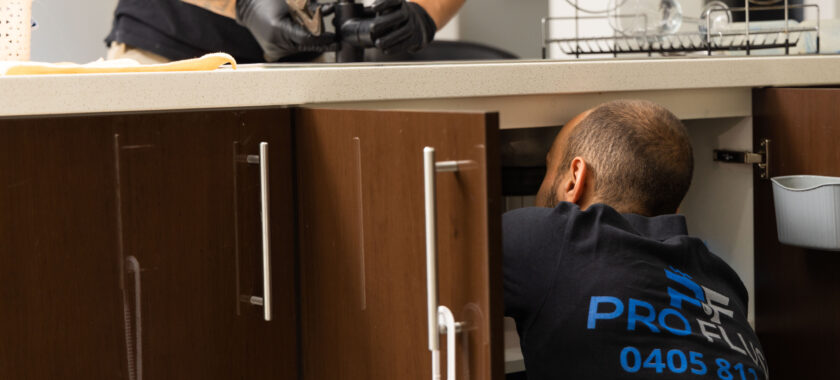The use of natural gas is common among homeowners and commercial businesses. In fact, most homeowners and commercial businesses rely heavily on natural gas for cooking or work purposes. According to Energy Networks, gas distribution networks connect around 5.1 million households in Australia to natural gas. Natural gas is one of the fastest-growing energy sources in Australia – almost 18% of their primary energy use. Being a popular natural source of fuel, homeowners prefer installation and gas fitting in Sydney homes to leverage this lowest cost option available on the market.
However, correct installation and use of natural gas are crucial. Although natural gas is safe and convenient, incorrect installation or use can lead to gas leakage and related accidents. Gas leaks can lead to various physical symptoms and may cause carbon monoxide poisoning to anyone. Natural gas is highly flammable, meaning gas leaks can further increase the risk of potential fire and explosion.
In this article, you will learn about the physical symptoms of a gas leak. But first, let’s understand the signs of a gas leak in the home.
How to Tell If There Is a Gas Leak
Most residential homes use natural gas for cooking, heating water, or home appliances. Natural gas is safe to use as long as gas pipe installation and fitting are correct. However, most homeowners are not aware that natural gas has no smell. Hence, you might not be able to detect a minor gas leak immediately.
We recommend you evacuate your premises immediately if you:
- Hear a hissing sound near a gas line
- Smell sulphur or rotten eggs
- Notice damage on your gas line connection
- Notice a white cloud, blowing dust, or bubbles in still water
- Notice plants are dying for no reason
If you suspect a gas leak, do not touch any electrical appliance, use a mobile phone, or turn on anything that causes fire like a power switch. Leave the premises immediately. Make sure you leave the windows and door open before heading to a safe location.
5 Common Physical Symptoms Caused by Gas Leak
- Headaches
One of the common signs of a gas leak is experiencing headaches and dizziness from time to time. You shouldn’t ignore such explainable headaches and consider this a sign of gas leaks. If your family member is suffering from similar symptoms, it could suggest a severe problem.
- Irregular Breathing
Apart from suffering from headaches, you may also experience difficulties in breathing. Natural gas leak absorbs the oxygen in the room and replaces it with carbon dioxide, leading to unconsciousness.
Searching for reliable and quick gas plumbing services in Sydney? Reach out to us!
- Fatigue
Exposure to gas leaks can cause fatigue. You are likely to experience an extreme level of fatigue in case of gas leaks. One common reason is lack of oxygen.
- Nausea
Another common symptom of a gas leak is nausea. If your house is less ventilated, you may experience severe nausea. Therefore, keep your place well ventilated in case a gas leak occurs.
- Unusual Smell and Sound
In case of a minor gas leak, you may not even hear the hissing sound coming from the gas. Utility companies add mercaptan – a harmless chemical – to natural gas. Since mercaptan smells like sulphur or rotten eggs, you can easily identify gas leaks immediately.
Read More for your Reference:- 4 Reasons to Not Attempt A DIY Gas Plumbing Repair
If you suspect a gas leak, evacuate the area immediately and inform the police officials and local fire department. Call one of our gas plumbers in Sydney for the correct gas installation.





